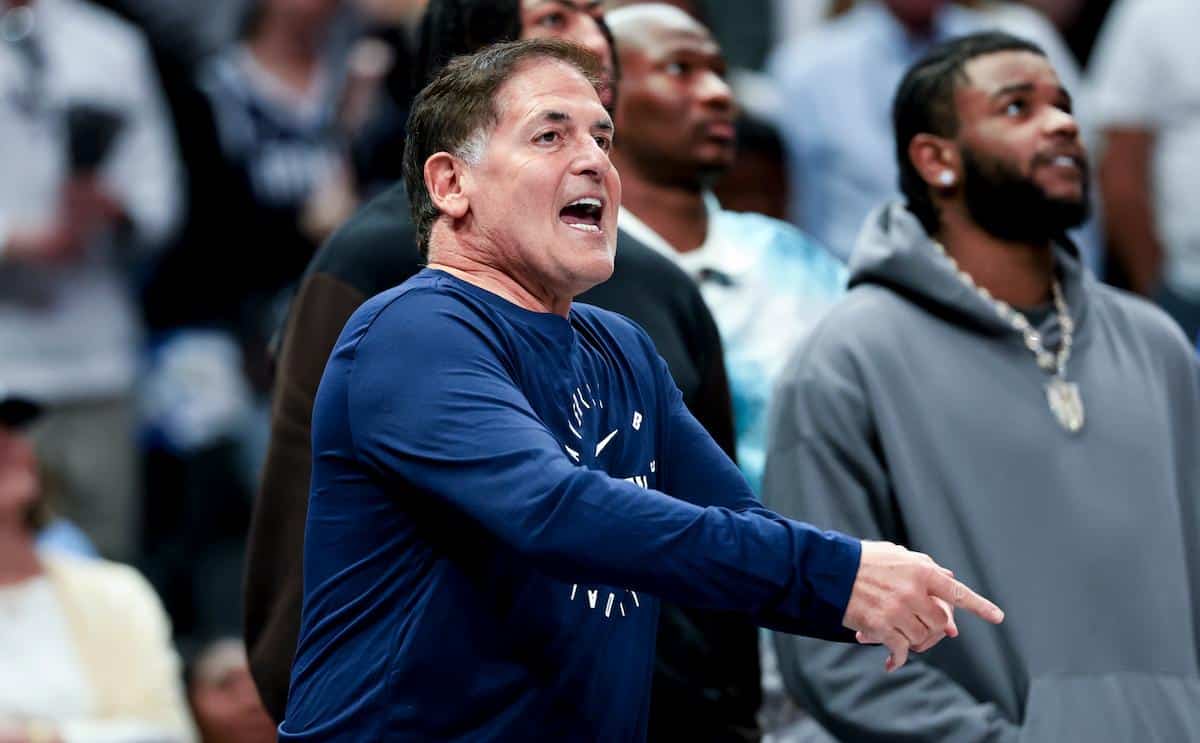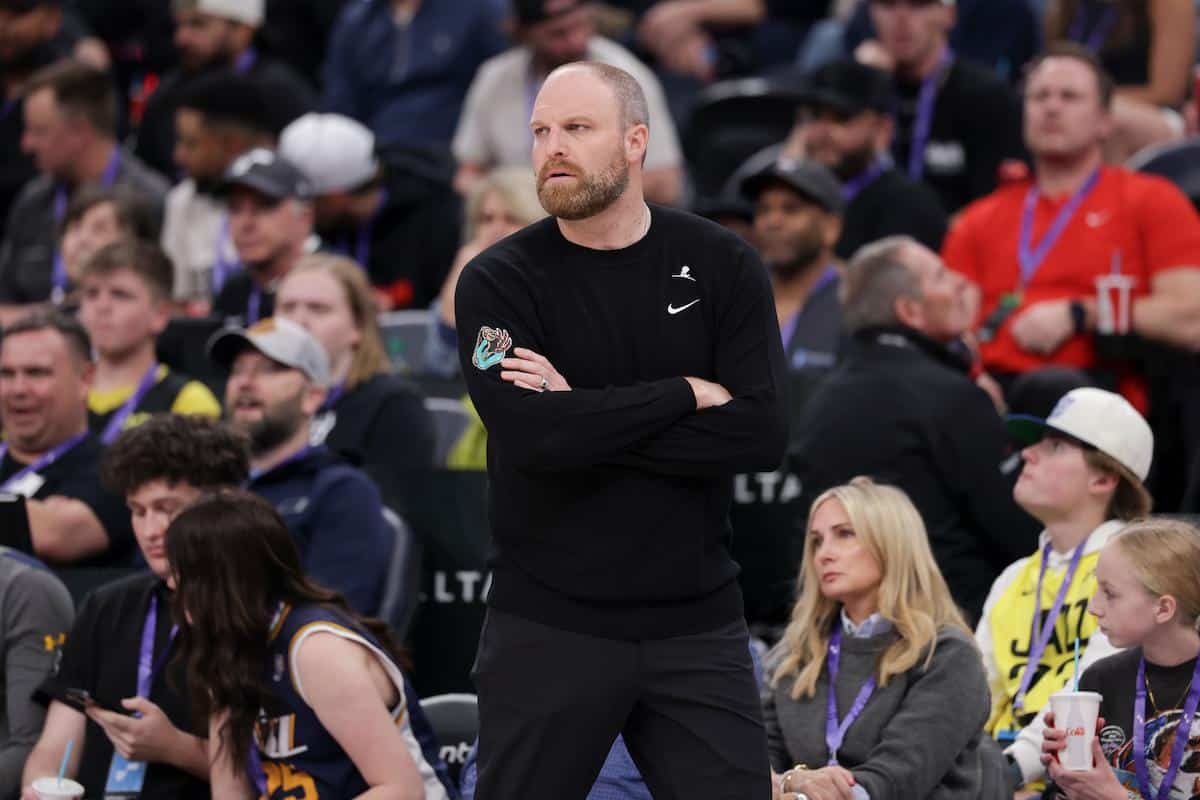Another night, another primarily defensive win. The phrase “defense wins championships” is often challenged, but if you asked these Celtics, they’d grin, shrug, and cross their fingers behind their backs, given that it’s exactly how they’ve had success early on in this 2021-22 campaign. If this team has a calling card, it’s their ability to stifle opponents. As Al Horford says, “I feel like that’s our identity: a tough defensive team.”
He may be (read: is) right. The Celtics currently have the NBA’s ninth-best defense, maintaining a defensive rating of 104.1. Boston has held five of their last seven opponents to fewer than 95 points: the Magic (79), Heat (78), Raptors (88), and Cavaliers twice (91 on Saturday and 92 on Monday). However, its 0.5 net rating is by far the lowest amongst all other top ten defenses. But needless to say, the gears are churning on the defensive end. It’s the offense that could still use some work, even if it generally appears to be heading in the right direction.
In those five games, Boston has hardly scored in bunches. They’ve scored 92 (in Orlando), 95 (in Miami), 104 (against Toronto), 89 (at Cleveland on Sunday), and 98 (in Cleveland on Monday). Though they’ve eked out a 4-1 record in those sub-95 point defensive efforts, the Celtics left plenty to be desired on the offensive end, and they know it. Head coach Ime Udoka said postgame that the offense is now the team’s focus. He likes how they’ve defended lately, but he’s also well aware of the fact that Boston simply must score more in order to win moving forward.
Udoka said he told the Celtics they were “playing in mud” during the first half, especially offensively. He wanted them to speed up after halftime — and they did, scoring 61 points in the second half after scoring a meager 37 in the first half. That increase in scoring production was largely anchored by the efforts of Jayson Tatum who, despite his struggles of late, has successfully persisted in his goal to rediscover his stroke. He scored 15 points in the second half on Monday, and while he didn’t shoot the ball particularly well (in either half), he was still able to pace Boston with a team-high 23 points.
“It was good to see some go in,” Tatum said postgame. “I wish more would go in.”
What might be most encouraging, though, is how composed Tatum remains despite his inconsistencies thus far this season. By all accounts, this is his worst offensive campaign in terms of production, but his chin remains up. “I try to be the same person when I’m 7-for-30 as when I’m scoring 50 or 60,” he said postgame. “I can’t change who I am or how I act… It’s going to come. I haven’t doubted myself, not once. Neither have my teammates. Neither have my opponents. They’re still guarding me closely… I just need to keep shooting. I’ll figure it out, and in the meantime, just find ways to help us win games.”
For a player of Tatum’s caliber, the ways that one can impact a game outside of scoring the ball often seem endless. He’s proven so far this season that he can, indeed, bring more to the table than just getting buckets. Tatum is averaging a career-high in rebounds per game (8.5) and his second-best average of assists per game (3.3). He’s finding ways to get others involved, whether it’s by starting the break, or by effectively spacing the floor so that others can operate in close late in games.
Horford knows it, too. He noted that the Celtics staying poised down the stretch tonight in particular was, in part, due to Tatum’s demeanor. “He’s just so calm. He’s never rattled, never rushed,” Horford said, no matter his numbers.
“You miss shots sometimes,” Tatum added. “I ain’t missed this many shots in my career, but I think it’s part of it, honestly.”
Offensively, Ime Udoka is primarily focused on the Celtics process of making the right plays as opposed to them making shots. Both he and Horford feel like the team’s ball movement got stronger as the game went on, thus resulting in fewer contested shots, a goal of Udoka’s for this offense. Udoka noted, in particular, that the Celtics “freed it up” and “called less plays” in the second half; for this team, perhaps there’s a direct correlation between flexibility and success.
“I felt like in the second half, we got more ball movement, played a little faster, and didn’t quite settle,” Horford said postgame. “We were getting into the paint, making extra passes, and those are habits that we have to continue to build and understand. We’re not always going to score on the first action.”
Scoring on an action of some sort every possession is the obvious goal, and the Celtics seem more on their way now than they did earlier in the season. It will take practice, however, as well as a more concerted offensive effort from the entire team moving forward if they wish to eliminate low-scoring shootouts from their routine.
Horford is persistent in this idea that Boston is a tough defensive team, first and foremost. But two things can — and must, if the Celtics wish to contend long-term — be true at the same time. Should everything fall into place the way this team intends for it to, a juggernaut could be in the making. Calling cards evolve all the time, after all. Boston doesn’t have to, nor can it afford to pigeonhole itself as a team just yet.






